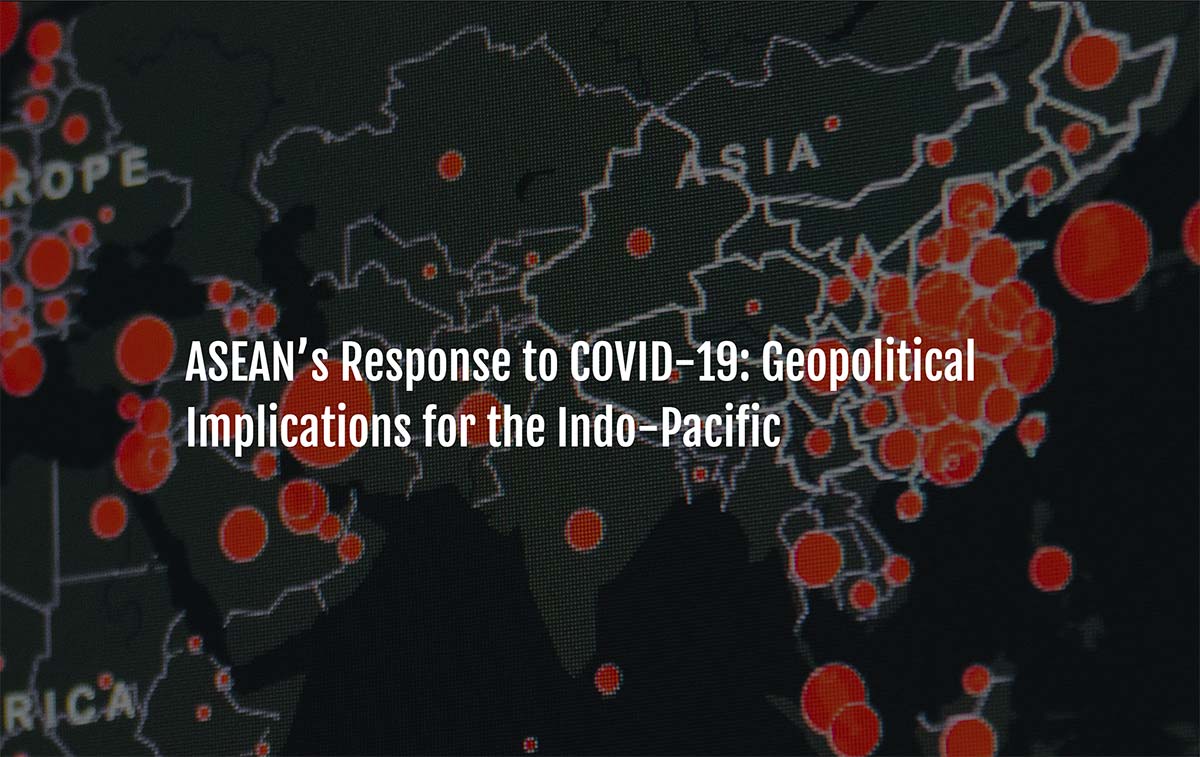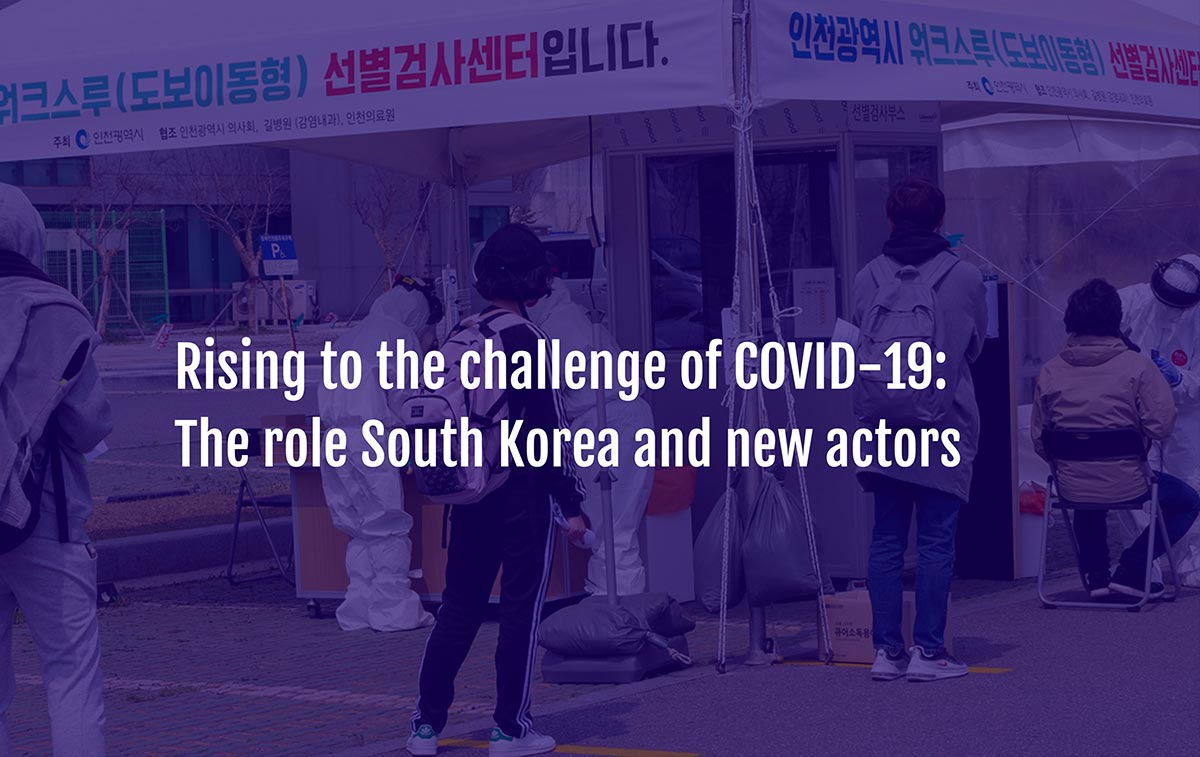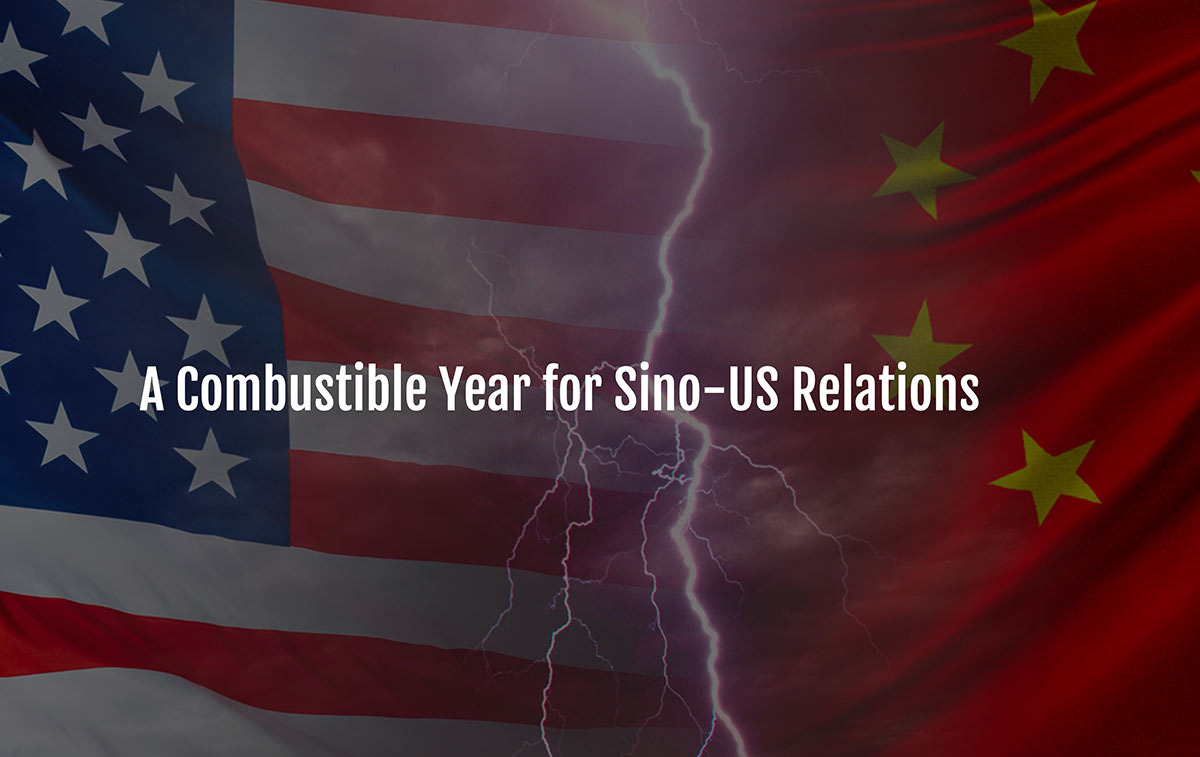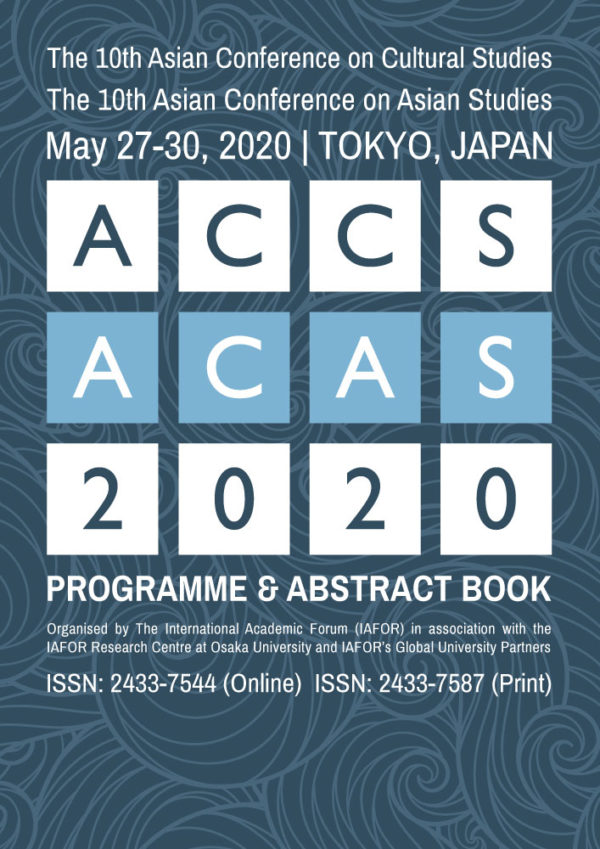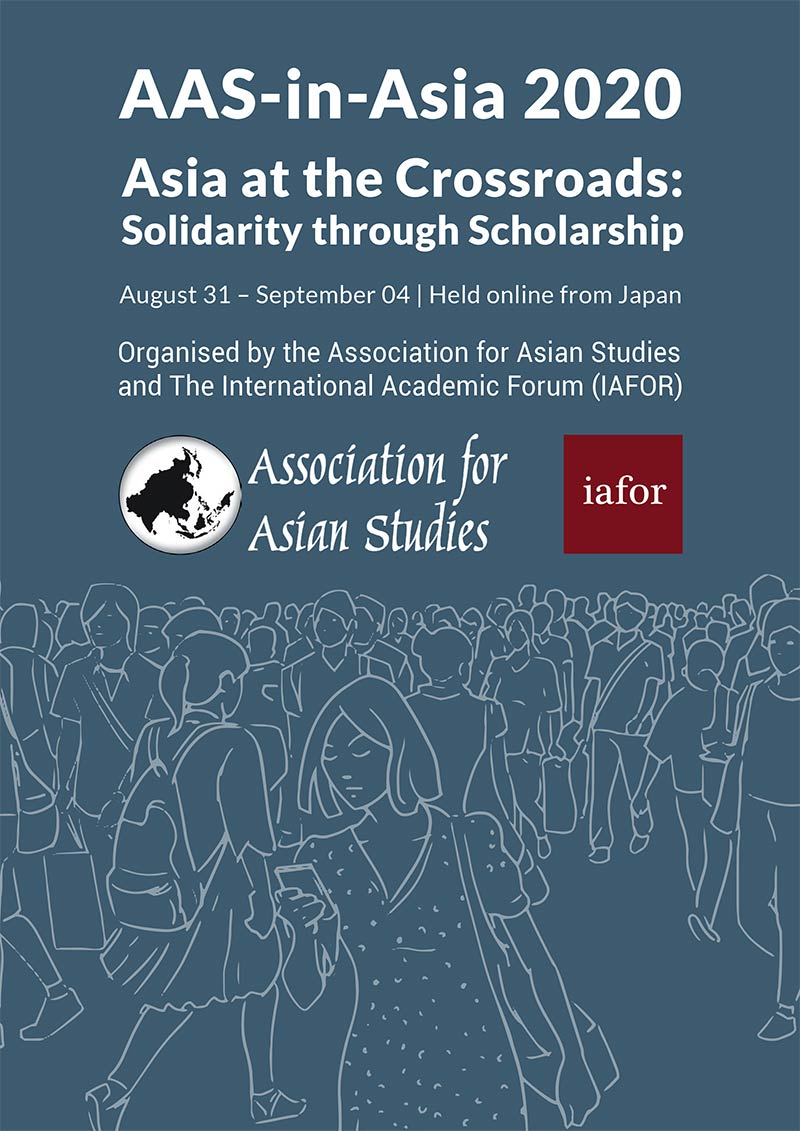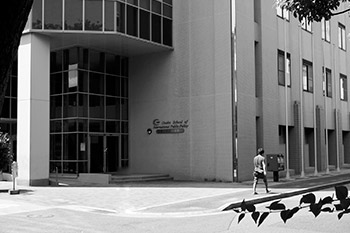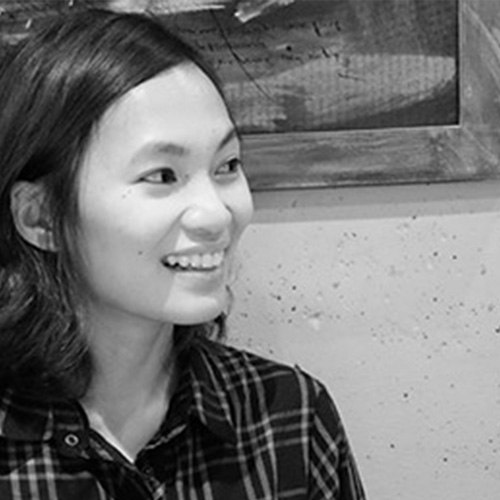
Carmina Yu Untalan, Ph.D.
Year One of the Project: Overview
Reflections on the Korea Foundation Project “Japan and Korea in the Evolving China-US Relations”
As a Southeast Asian studying international relations in Japan, looking at Japan-South Korea relations is inescapable. It is a scholarly responsibility, I believe, to familiarize oneself to the politics of the place where you live, and in so doing, I realize that to understand Japan it is necessary to understand its relations with its neighbors. Back home in the Philippines, the images of these two affluent countries are relatively positive: they are highly modern industrialized countries, with a disciplined society and admirable culture. We consume anime, manga, K-pop, K-drama and marvel at the technology that Sony and Samsung offer. Yet, one important realization I gained from observing Japan-South Korea relations is that these perceptions are cursory. No matter how favorable the postwar image of Japan and South Korea is to their neighboring countries, especially in Southeast Asia, if they do not regard each other in friendly terms, then their efforts towards regional security and stability might be transient in the long run.
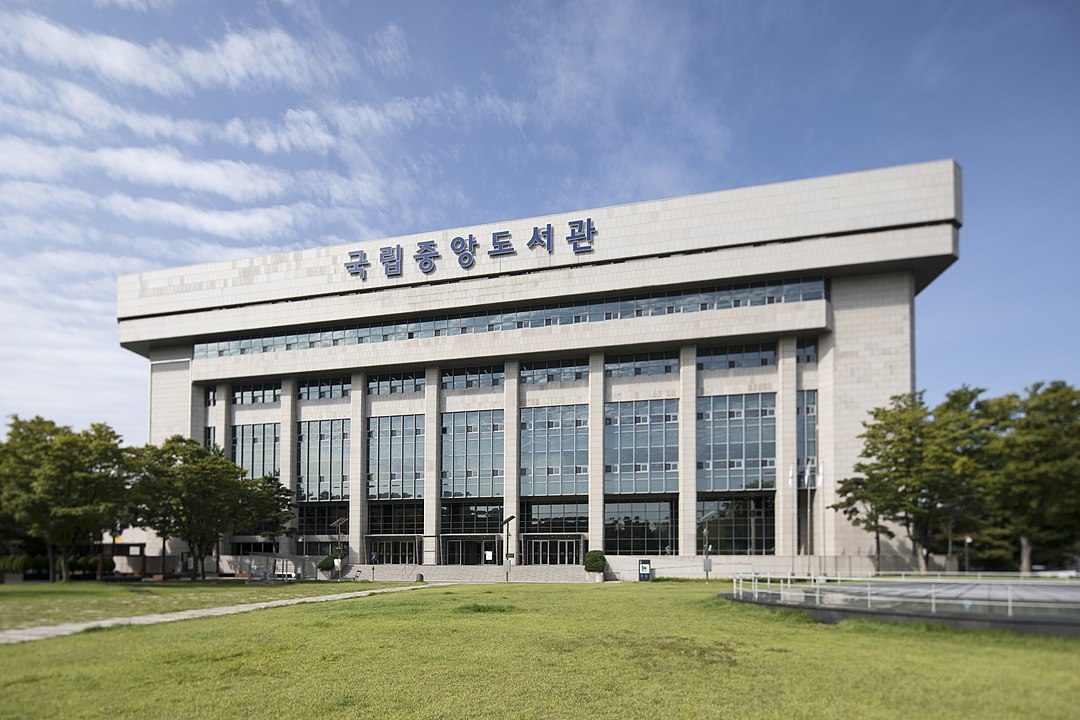
The National Library of Korea in Seoul, venue of the the first meeting.
Despite these difficulties, working as a project assistant to the Korea Foundation sponsored project, “Japan and Korea in the Evolving China-US relations” made it easier to think about a more optimistic outlook. This endeavor brings together scholars of East Asian international relations from Japanese, Korean and Singaporean Universities, who are willing to openly discuss salient and sensitive issues surrounding Japan-South Korea relations, and their impact to the broader geostrategic landscape of the region. From non-traditional security issues to tech wars, this project covers a diverse set of topics that could eventually inspire not only a more sincere and meaningful bilateral relations between the two, but also a more extensive contribution, regionally and internationally.
The project commenced in earnest with a workshop held in the National Library of Korea in Seoul where majority of the project participants gathered to talk about three key guiding themes: (1) the future of international liberal order (ILO); (2) the legacies and limitations of the San Francisco System; and, (3) East Asian modernity in the global historical perspective. In discussing the first theme, participants lament on the Trump Administration’s inability to sustain the U.S.-led liberal order, and the impact of the ongoing trade wars between China and the US, particularly when it comes to the “internet of things”, and the need for alternative models to realist interpretations of international relations. In exploring East Asia as source of alternative model, there is a need to examine two layers of the ILO, free trade and liberal democracy. While China has so far demonstrated its reluctance to support these principles, other countries had and continue to offer other modalities. For instance, a human security approach, which have been a core of Japanese foreign policy in Southeast Asia, compels us to “think outside the box” of the Westphalian, realist worldview, as well as considering an Asian way of dealing with humanitarian issues. In the domain of technology, despite US and China maintaining a lion’s share of the tech industry, both Japan and South Korea have proven that it is possible to overtake the US in the production of certain technologies, such as AI.

Korea and Japan in the Evolving China-US Relations
Project Schedule | Year One
Conference in Tokyo
November 16-18, 2019
Members – Brendan Howe, Haruko Satoh and Carmina Untalan – attended the conference on human security at the University of Tokyo on November 17, 2019 and also had a brain storming meeting about the project.
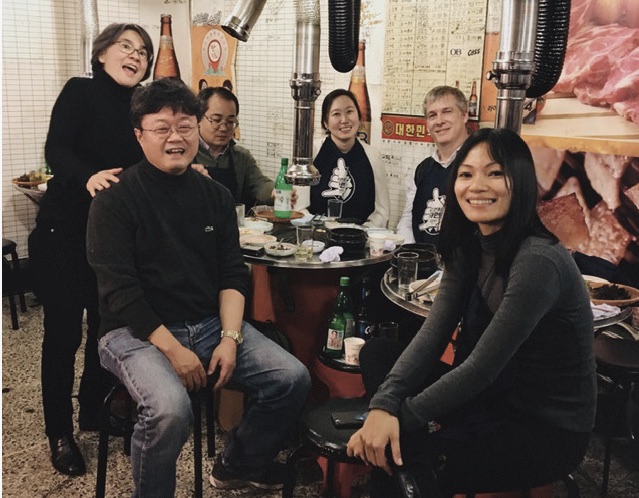
Group photo at the dinner after the Seoul workshop
Workshop in Seoul
December 17-18, 2019
The first workshop in Seoul at the National Library with the research members residing in either Japan or South Korea (Brendan Howe, Jaewoo Choo, Xiangfeng Yang, June Park, Haruko Satoh and Carmina Untalan).
Special Lectures
January 9-17, 2020
Organised special lectures at the Osaka School of International Public Policy, Osaka University.
Working Meetings with Singaporean Researchers
February 8-9, 2020
Organised working meetings with the two researchers in Singapore (Kei Koga and Mingjiang Li at the Nanyang Technological University, Singapore) and also presented at the IAFOR conference on Southeast Asia on the subject of Southeast Asia in international politics of Asia (Haruko Satoh and Joseph Haldane).
The Korea Foundation Sponsored COVID-19 Discussion Panel
May 27-30, 2020
Presented special panel on COVID 19 (via Zoom). Speakers:
Jaewoo Choo, Kyunghee University, South Korea
Brendan Howe, Ewha Women’s University, South Korea
Kei Koga, Nanyang Technological University, Singapore
Mingjiang Li, Nanyang Technological University, Singapore
June Park, National Research Foundation of Korea, South Korea
Haruko Satoh, Osaka University, Japan
Yang Xianfeng, Yonsei University, South Korea
- Download outline document.
- See full details on event page: https://iafor.org/the-korea-foundation-sponsor-covid-19-discussion-panel-at-acas-accs2020/
ACAS/ACCS2020 - Plenary Panel Discussion. This panel is sponsored by The Korea Foundation.
AAS in Asia Special Roundtable Japan and Korea in China-US Relations: A Reappraisal of the Post-War Order
August 31-September 4, 2020
Roundtable examining Japan-Korea relations by focusing on the bilateral relationship's rapidly changing international context.
Panelists
Haruko Satoh, Osaka University, Japan (chair)
Brendan Howe, Ewha Women's University, South Korea (discussant)
Jaewoo Choo, Kyunghee University, South Korea (discussant)
June Park, National Research Foundation of Korea, South Korea (discussant)
Kei Koga, Nanyang Technological University, Singapore (discussant)
Xiangfeng Yang, Yonsei University, South Korea (discussant)
Mingjiang Li, Nanyang Technological University, Singapore (discussant)

Korea and Japan in the Evolving China-US Relations
Outcomes of the Project
Summary of Outcome (Narrative)
The main outcomes of the project are: 4 op-ed pieces and 1 policy analysis piece published online as below; 3 workshops (1 conducted in Seoul, 2 conducted online on the side of the academic conferences that we participated in) and 2 special roundtable panels for online conference (AAS-in-Asia 2020 and IAFOR Asian Conference on Asian Studies 2020); and agreement to submit journal articles for publication in the Asian Studies Review in 2021. Concrete plan for year-2, including agreement to produce at least 3 podcasts for Asia Matters, participation in the Asia Political and International Studies Association (APISA) conference in November 2020 (online). An agreement among some of the members to pursue a new project on non-traditional security and peacebuilding in year 2021, with new members. Consolidation of plan to launch a course on Japan-Korea relations at Osaka School of International Public Policy.
ASEAN’s Response to COVID-19: Geopolitical Implications for the Indo-Pacific
Author Kei Koga, publication date, August 10: https://www.openasia.asia/aseans-response-to-covid-19-geopolitical-implications-for-the-indo-pacific/
Rising to the Challenge of COVID-19: The role of South Korea and New Actors
Author Brendan How, publication date, August 10: https://www.openasia.asia/covid-19-south-korea-and-new-actors-brendan-howe/
What COVID-19 Reveals: The Risk of China-centered Global Supply Chains
Author June Park, publication date, July 30: https://www.openasia.asia/covid-19-reveals-risk-of-china-centered-global-supply-chains-and-tech-ai/
A Combustible Year for China-US Relations
Author Yang Xiangfeng, publication date, Sept 15: https://www.openasia.asia/a-combustible-year-for-sino-us-relations/
Japan and Korea: A Fragile Relationship
Author Haruko Satoh, publication date, August 20: https://research.nus.edu.sg/eai/wp-content/uploads/sites/2/2020/12/EAIBB-No.-1552-Japan-and-Korea_fragile-relationship-2.pdf
Outcomes of the Project
IAFOR Conference on Asian Studies
Topic of event:
Asian Studies (Special Panel on COVID-19)
Date: May 28
Online: 150 participants
https://acas.iafor.org/acas2020/
Association of Asian Studies in Asia
Topic of event:
Asia at the Crossroads
Date: August 31
Online: 900 participants
https://aasinasia.org/programme/

